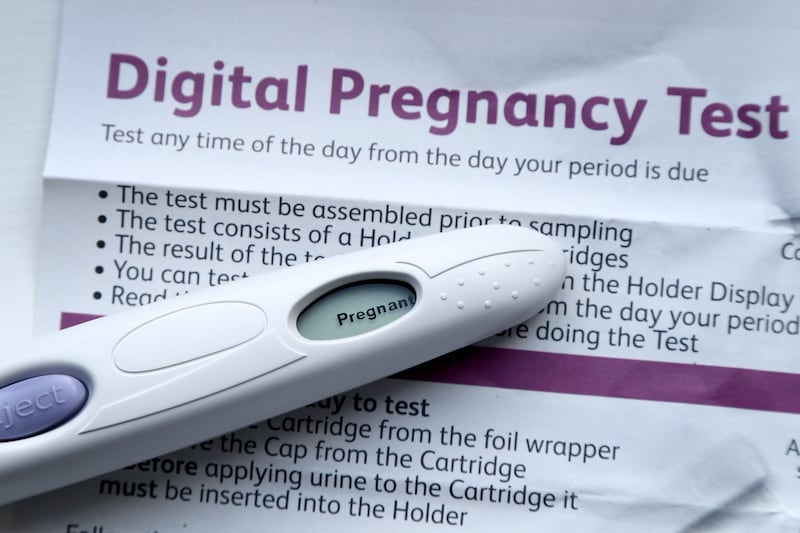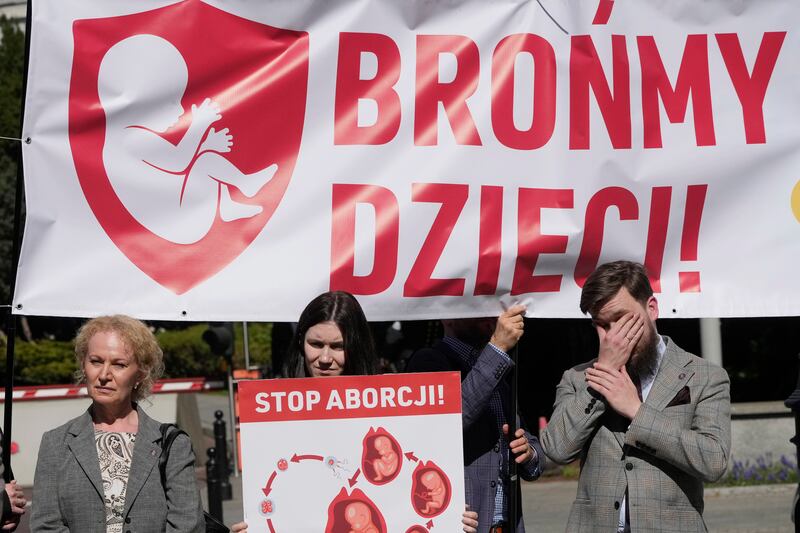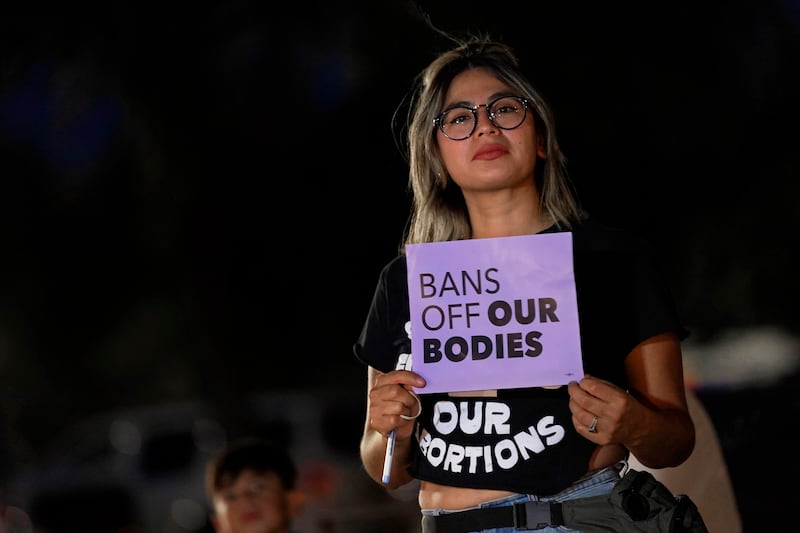THE number of women from Northern Ireland travelling to Britain for abortions has dropped by 13 per cent in a year - with health chiefs suggesting that access to abortion pills online has led to the decrease.
A total of 724 women travelled to clinics in England and Wales for terminations in 2016, with the vast majority of procedures taking place in the early stages of pregnancy.
Department of Health figures from England show that five girls giving Northern Ireland addresses to British clinics were under the age of 16, while 19 were between the ages of 16 and 17.
It was noted that all of the women had to cover the cost of the travel and procedure themselves or through family and friends or other charitable support - with costs ranging between £400 and £2,000.
The development comes as internet suppliers of abortion medication reported an upsurge in the number of contacts.
Last year a number of women from the north were charged with buying and using online abortion tablets in the north, with one high-profile conviction.
The issue has gained increasing public attention in Britain after Prime minister Theresa May sought the support of the DUP to form a majority government.
Successive DUP health ministers have blocked attempts to relax the north's restrictive abortion laws, particularly in the case of fatal foetal abnormality, rape and incest.
Terminations are only carried out if the mother's life is at risk.
Several doctors reported a "culture of fear" after former DUP minister Edwin Poots reinforced the law in 2013, threatening jail time for those acting outside strict abortion guidelines.
The Department figures, which were reported to the UK's chief medical officers, reveal that more than 3,200 women gave Irish addresses at abortion clinics last year.
Helen Deely, head of the Health Service Executive's sexual health and crisis pregnancy programme in the Republic, said there was a rapid fall in the numbers of women travelling from 2001 to 2007 and a more gradual fall in the last nine years.
"Recent research shows that increasing numbers of women from the island of Ireland are making contact with online abortion pill providers," she said.
Ms Deely urged women who have had an abortion, either by taking pills or travelling, to seek out after-care in Ireland.
"If a woman takes an abortion pill and has prolonged heavy bleeding, bad pain, fainting, or other complications, we strongly encourage that she attends an emergency department or GP straight away," she said.
The English health chiefs also detailed the recorded reasons for terminations.
There were 141 cases carried out on the grounds that the baby would suffer physical or mental abnormalities that would leave it seriously handicapped.
Forty-three cases related to a diagnosis of Down's syndrome.








